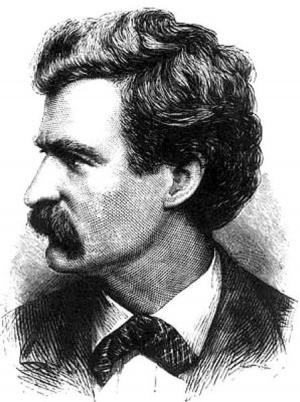Right on the Scaffold, or The Martyrs of 1822
Nonfiction, Religion & Spirituality, New Age, History, Fiction & Literature| Author: | Archibald Henry Grimke | ISBN: | 9781465588760 |
| Publisher: | Library of Alexandria | Publication: | March 8, 2015 |
| Imprint: | Language: | English |
| Author: | Archibald Henry Grimke |
| ISBN: | 9781465588760 |
| Publisher: | Library of Alexandria |
| Publication: | March 8, 2015 |
| Imprint: | |
| Language: | English |
He was black but comely. Nature gave him a royal body, nobly planned and proportioned, and noted for its great strength. There was that in his countenance, which bespoke a mind within to match that body, a mind of uncommon native intelligence, force of will, and capacity to dominate others. His manners were at once abrupt and crafty, his temper was imperious, his passions and impulses were those of a primitive ruler, and his heart was the heart of a lion. He was often referred to as an old man, but he was not an old man, when he died on a gallows at Charleston, S. C., July 2, 1822. No, he was by no means an old man, whether judged by length of years or strength of body, for he was on that memorable July day, seventy-eight years ago, not more than fifty-six years old, although the hair on his head and face was then probably white. This circumstance and the pre-eminence accorded him by his race neighbors, might account for the references to him, as to that of an old man. All things considered, he was truly an extraordinary man. It is impossible to say where he was born, or who were his parents. He was, alas! as far as my knowledge of his personal history goes, a man without a past. He might have been born of slave parentage in the West Indies, or of royal ones in Africa, where, in that case, he was kidnapped and sold subsequently into slavery in America. I had almost said that he was a man without a name. He is certainly a man without ancestral name. For the name to which he answered up to the age of fourteen, has been lost forever. After that time he has been known as Denmark Vesey. Denmark is a corruption of Telemaque, the praenomen bestowed upon him at that age by a new master, and Vesey was the cognomen of that master who was captain of an American vessel, engaged in the African slave trade between the islands of St. Thomas and Sto. Domingo. It is on board of Captain Vesey’s slave vessel that we catch the earliest glimpse of our hero. Deeply interesting moment is that, which revealed thus to us the Negro lad, deeply interesting and tragical for one and the same cause.
He was black but comely. Nature gave him a royal body, nobly planned and proportioned, and noted for its great strength. There was that in his countenance, which bespoke a mind within to match that body, a mind of uncommon native intelligence, force of will, and capacity to dominate others. His manners were at once abrupt and crafty, his temper was imperious, his passions and impulses were those of a primitive ruler, and his heart was the heart of a lion. He was often referred to as an old man, but he was not an old man, when he died on a gallows at Charleston, S. C., July 2, 1822. No, he was by no means an old man, whether judged by length of years or strength of body, for he was on that memorable July day, seventy-eight years ago, not more than fifty-six years old, although the hair on his head and face was then probably white. This circumstance and the pre-eminence accorded him by his race neighbors, might account for the references to him, as to that of an old man. All things considered, he was truly an extraordinary man. It is impossible to say where he was born, or who were his parents. He was, alas! as far as my knowledge of his personal history goes, a man without a past. He might have been born of slave parentage in the West Indies, or of royal ones in Africa, where, in that case, he was kidnapped and sold subsequently into slavery in America. I had almost said that he was a man without a name. He is certainly a man without ancestral name. For the name to which he answered up to the age of fourteen, has been lost forever. After that time he has been known as Denmark Vesey. Denmark is a corruption of Telemaque, the praenomen bestowed upon him at that age by a new master, and Vesey was the cognomen of that master who was captain of an American vessel, engaged in the African slave trade between the islands of St. Thomas and Sto. Domingo. It is on board of Captain Vesey’s slave vessel that we catch the earliest glimpse of our hero. Deeply interesting moment is that, which revealed thus to us the Negro lad, deeply interesting and tragical for one and the same cause.















